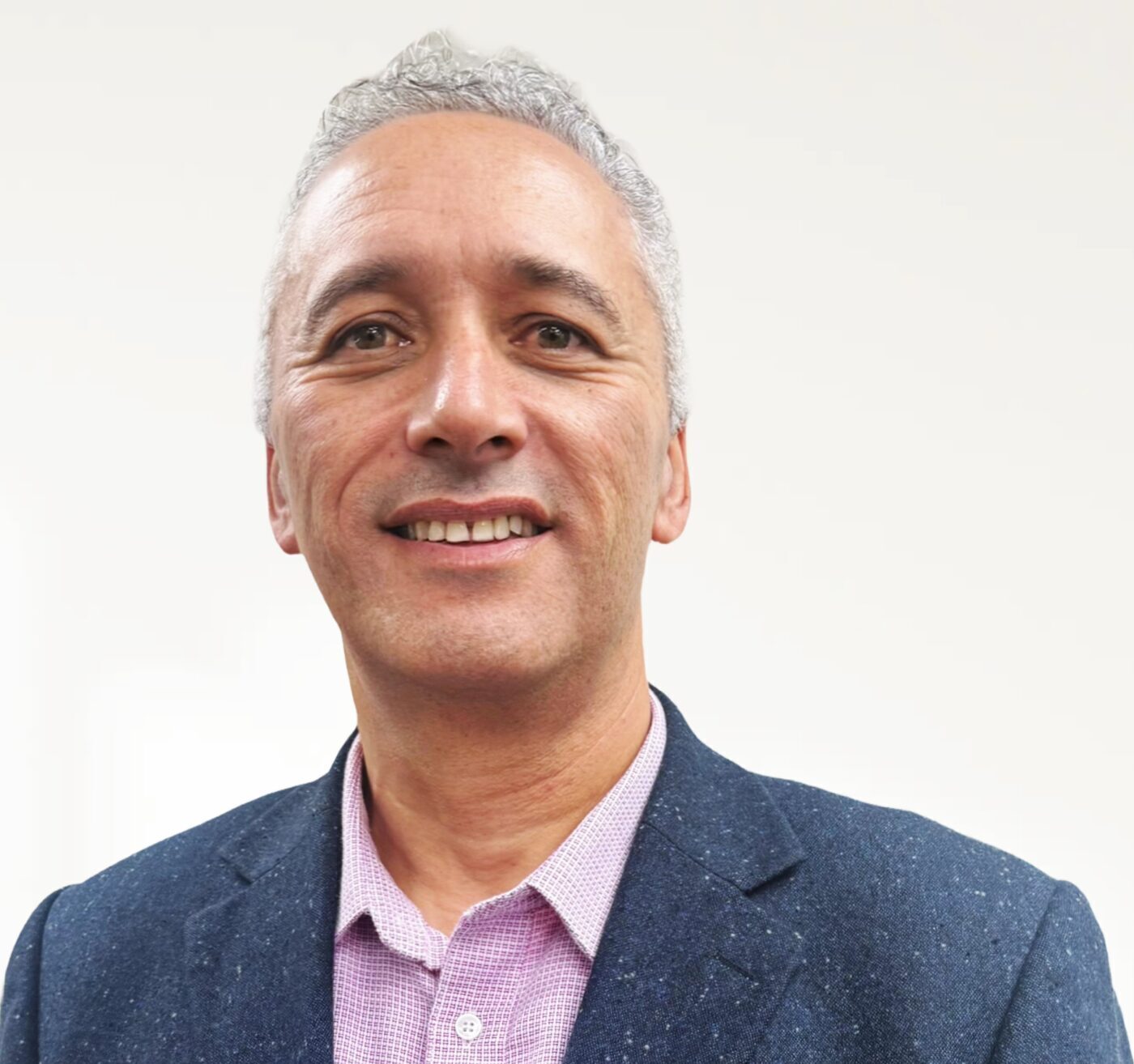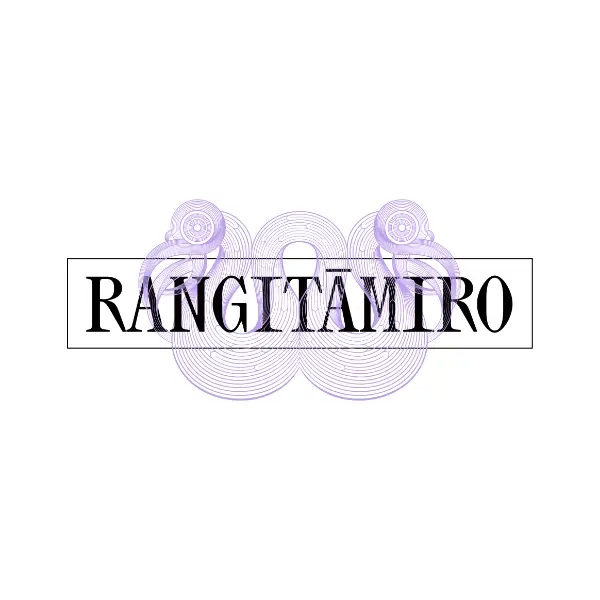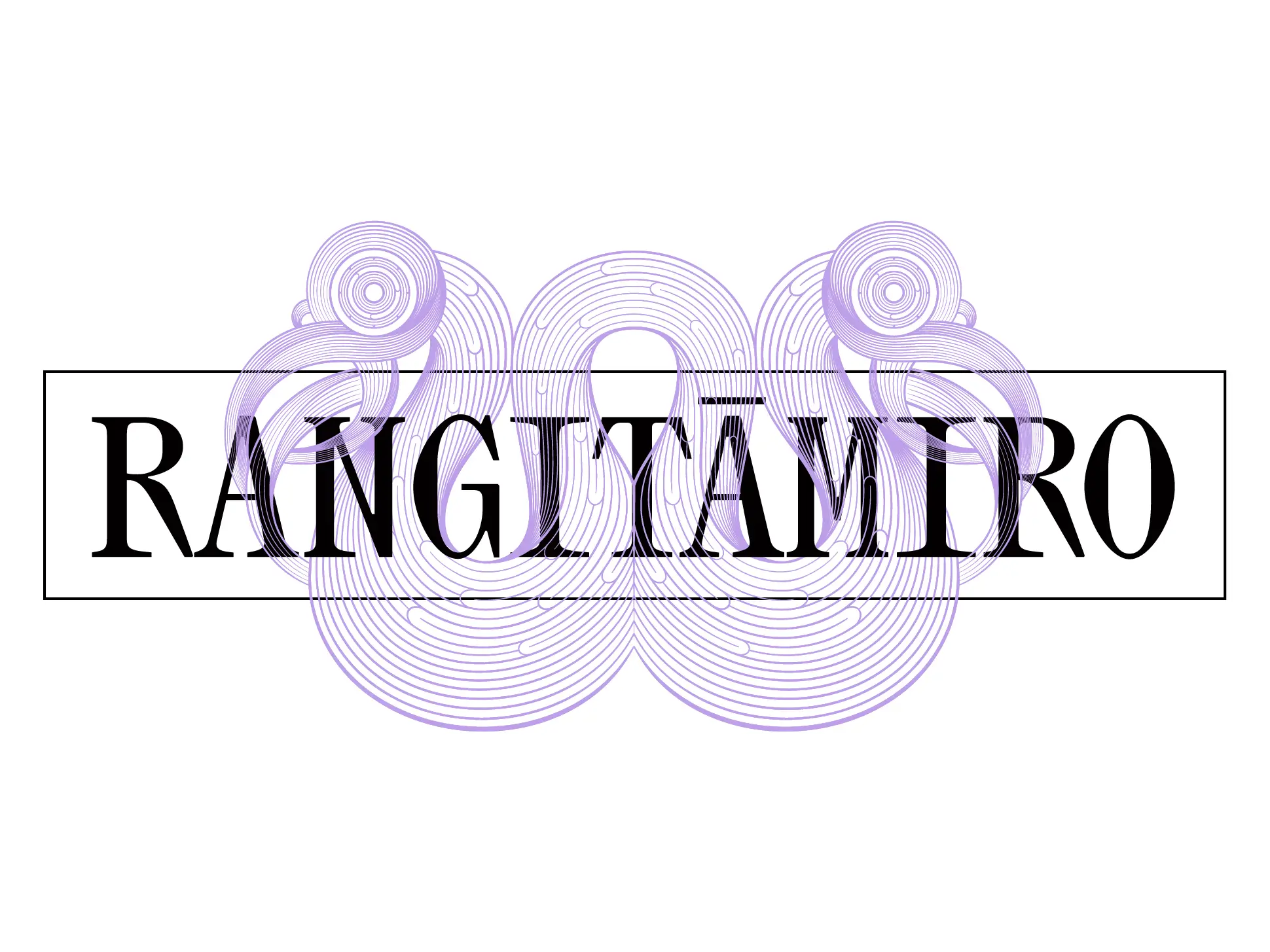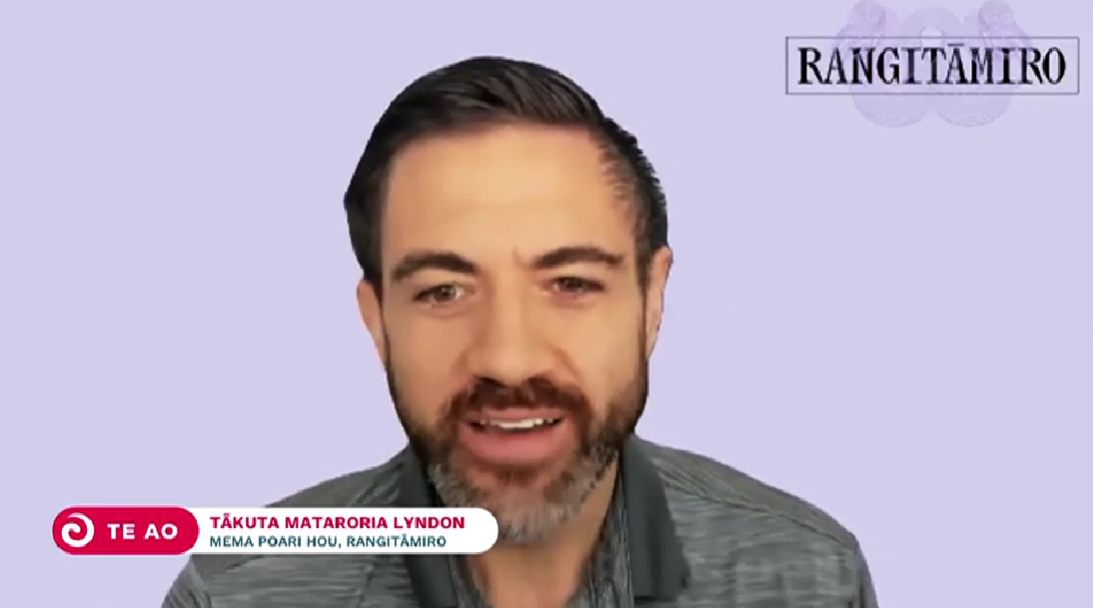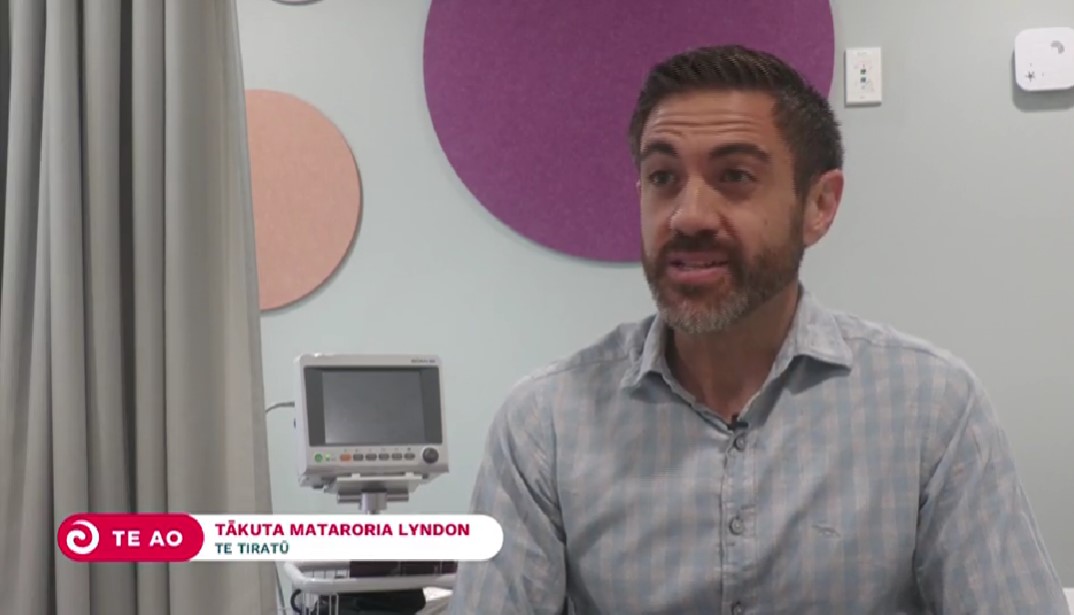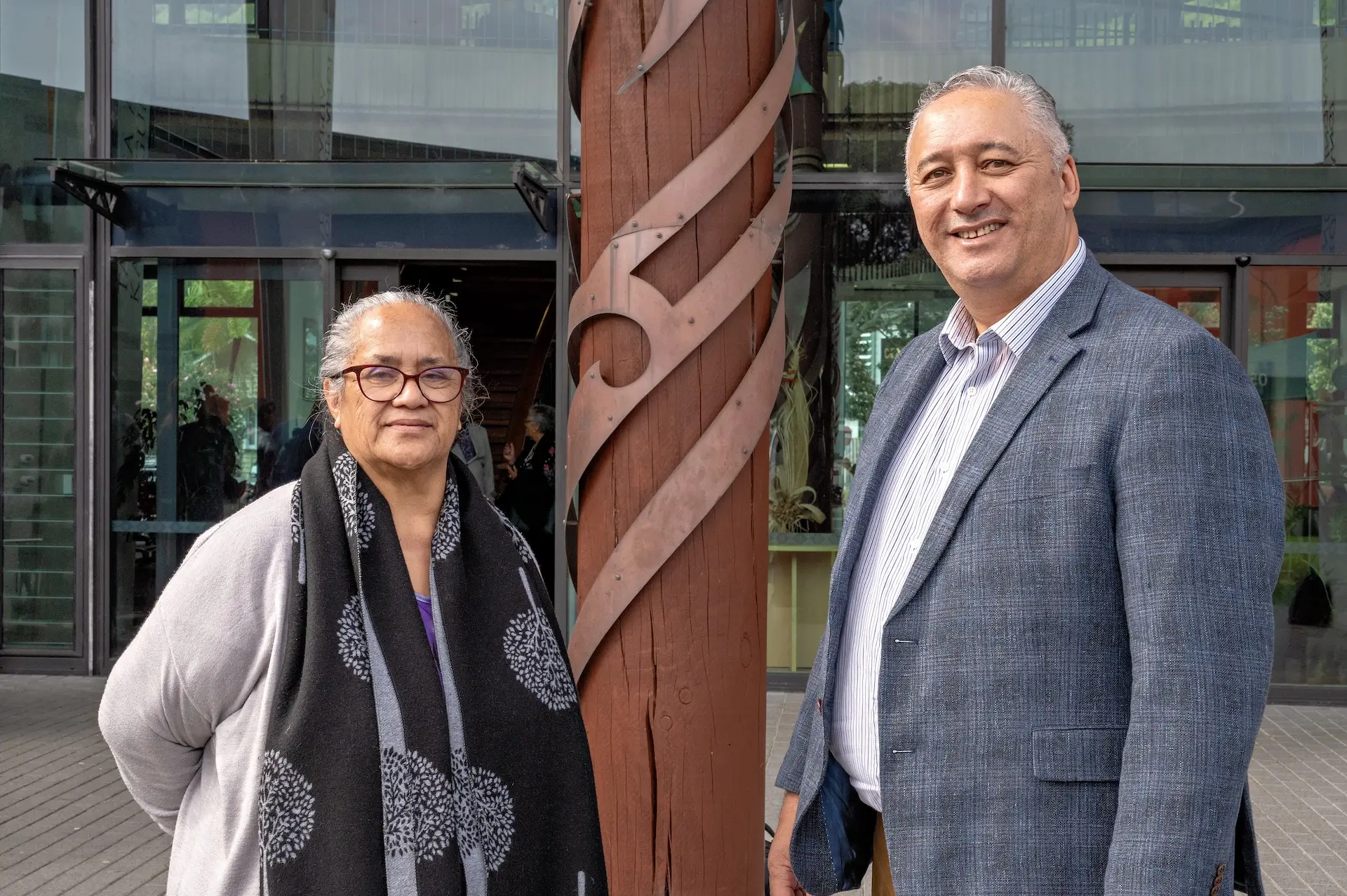Iwi Māori Partnership Boards share concerns over new health reforms
Photo: Te Tiratū Iwi Māori Partnership Board Co-chair Hagen Tautari
Te Tiratū Iwi Māori Partnership Board (IMPB) has voiced concern over the government’s proposed changes to the Pae Ora (Healthy Futures) Act 2022, which would reduce the board’s decision-making authority to a purely consultative role.
Co-chair Hagen Tautari says this move weakens the intent of Pae Ora and undermines the Crown’s obligations under Te Tiriti o Waitangi. “Te Tiriti is a constitutional foundation. Partnership must be upheld in law and practice—not just policy,” he said.
While critical of the proposed reforms, IMPB supports Minister Simeon Brown’s focus on patient-centred care and timely, quality health services. In a formal response, IMPB offered constructive solutions and reaffirmed support for better national oversight—so long as reforms are properly resourced and protect the community-based leadership role of IMPBs.
Tautari warns against centralising decision-making in Wellington, which could reverse hard-won gains in Māori health equity. “The voices of whānau are strongest at the local level—where services are delivered and gaps identified. True equity means enabling local solutions,” he said.
Whānau Ora launches new agency with fresh leadership
Rangitāmiro, the Whānau Ora Commissioning Agency, has announced its inaugural board of directors and the appointment of its first chair. The collaborative includes Te Tiratū Iwi Māori Partnership Board with the National Hauora Coalition, and Ngaa Pou Hauora o Tāmaki Makaurau Iwi Māori Partnership Board.
Eru Lyndon (Ngāpuhi, Ngāti Hine, Ngāti Kahu, Ngāti Wai, Ngāti Whātua and Ngāti Toa) has been named chair of the board. Lyndon brings extensive governance experience, including being chair of Waitangi Limited and having board roles with the National Hauora Coalition, The Selwyn Foundation, and the University of Auckland Business School.
The appointed board members are:
- Dr Mataroria Lyndon (Ngāti Hine, Ngāti Wai, Ngāti Whātua, Waikato), member of Te Tiratū Iwi Māori Partnership Board
- Dr Rachel Brown (Te Ātiawa ki Wharekauri, Kāi Tahu), CEO of the National Hauora Coalition
- Shelley Katae (Te Rarawa, Ngāti Porou), Chief Executive of Tāmaki Regeneration
- Karen Wilson (Te Ākitai Waiohua, Ngāti Te Ata, Ngāti Pikiao), Chair of Te Ākitai Waiohua Settlement Trust
Rangitāmiro is part of a new commissioning model, Whānau Ora 2.0, which will be rolled out across four regions:
- Region 1: Rangitāmiro – Taupō to Northland
- Region 2: Te Rūnanga o Toa Rangatira – Wellington to Waiariki
- Region 3: Te Tauraki – Te Waipounamu/Rakiura, Wharekauri
- Region 4: The Cause Collective – Pasifika families nationwide
To find out more click HERE.
Dr Mataroria Lyndon, member of Te Tiratū Iwi Māori Partnership Board
National immunisation rates climb, but Māori communities still lag behind
Te Tiratū Iwi Māori Partnership Board member Dr Mataroria Lyndon MBCHB, MPH, PHD said national statistics, while encouraging, fail to reflect the challenges Māori continue to face.
“I want to whakanui and recognise that that’s important, that we are making progress,” he said. “But, we know that those national rates don’t reflect the realities for Māori and the inequities or the gaps around Māori immunisation rates, which are sitting at 62% in our rohe of Waikato-Tainui, and I know it’s similar for Te Tai Tokerau as well.”
Dr Lyndon is urging the health system to respond with equity at the centre — supporting Māori-led initiatives, breaking down access barriers, and building trust through culturally grounded communication.
Because protecting all tamariki means ensuring every child, in every community, has the same opportunity to be safe and well.
Whānau Ora 2.0 rolls out in July
Rangitāmiro is a collaborative including Te Tiratū Iwi Māori Partnership Board with the National Hauora Coalition, and Ngaa Pou Hauora o Tāmaki Makaurau Iwi Māori Partnership Board. As the new Whānau Ora commissioning agency for the upper North Island, Rangitāmiro carries significant potential to address the longstanding crisis of health inequities for Māori.
Ngaa Pou Hauora o Tāmaki Makaurau Iwi Māori Partnership Board has launched its Community Health Plan aimed at tackling deep-rooted health inequities for whānau. With Te Tiratū Iwi Māori Partnership Board in the newly formed Rangitāmiro Whānau Ora commissioning agency, the boards have significant influence to lead meaningful change across the upper North Island.
Ngaa Pou Hauora o Tāmaki Makaurau Iwi Māori Partnership Board Chief Executive Simon Royal says Whānau Ora 2.0 will be ready to launch in July, promising a whānau-led, patient-focused approach that reflects the real needs of Māori communities — from overcoming system failures to addressing cultural gaps in service delivery.
Health status quo must be disrupted, iwi Māori partnership board says
Te Tiratū Iwi Māori Partnership Board co-chairs Kataraina Hodge and Hagen Tautari
One of the largest iwi Māori partnership boards that provide advice to Whatu Ora about health needs in their areas, Tiratū, says the status quo has to be disrupted, and resources must be directed to where they will have the greatest impact.
Te Whatu Ora officials agree, and have noted 75 per cent of Māori health funding flows through mainstream providers, a balance they wish to address.
Iwi Māori partnership boards ensure Māori voices are heard in decision-making which affect Māori. There are 15 recognised IMPBs in Aotearoa who engage with whānau, hapū, iwi and hapori in their regions. They assess the state of hauora Māori, monitor health sector performance and work with Te Whatu Ora.
Health Minister Shane Reti says after their establishment in 2022, iwi Māori partnership boards have taken a major step as part of the government’s commitment to the health of Māori communities.
Through engagement with local whānau and hapori, the boards have identified specific priorities and actions and created community health plans and visions for health and wellbeing.
Tiratū is among the IMPB to have released their plans, visions and key priorities for the health sector, such as capacity building Māori-led services and the workforce pipeline.
